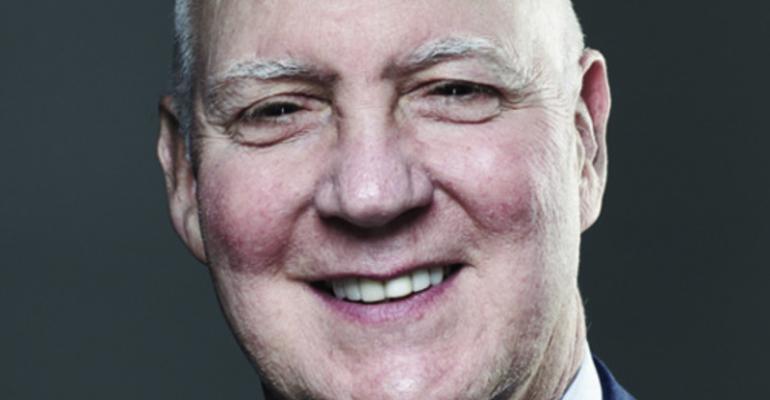Seeking safety, and perhaps an income stream impossible to find among fixed-income securities, many investors raced to buy dividend payers in sectors such as utilities, real estate, and consumer staples. During the past three years through June 14, iShares Dow Jones Select Dividend ETF (DVY) returned 17.5%, outpacing the S&P 500 by a percentage point, according to Morningstar. But in the downdraft of recent weeks, dividend stocks sank especially hard. While the S&P 500 declined 1.2% in the past month, utilities funds lost 3.6%, and real estate funds fell 7.8%.
The fall in dividend stocks was triggered by concerns that the Federal Reserve would begin phasing out its effort to keep interest rates low. When rates rise, prices of bonds and dividend stocks tend to fall. Will the dividend stocks continue lagging the pack? Some analysts think so. They argue that dividend stocks have become overpriced. Utilities seem especially rich, selling at a premium to the market—a high price for a slow-growing sector.
But three prominent dividend fund managers said that plenty of their stocks still sell at reasonable prices. Speaking at the Morningstar Investment Conference in Chicago last week, the managers said that many dividend stocks yield more than 3%, a healthy payout at a time when 10-year Treasuries yield 2.13%.
The funds represented on the panel included ClearBridge Equity Income (SOPAX), Matthews Asia Dividend (MAPIX), and Tweedy, Browne Worldwide High Dividend Yield (TBHDX). Selected for the panel by Morningstar analysts, the managers are all industry veterans with solid track records.
Hersh Cohen, portfolio manager of ClearBridge Equity Income, said that high-quality dividend stocks were undervalued during much of 2009, 2010, and 2011. Since then the stocks have enjoyed limited gains. “The high-quality dividend payers have gone from extreme undervaluation to probably fair valuation,” he said.
Cohen said that the Federal Reserve is not likely to stop its quantitative easing program any time soon. That should keep rates low. “The economy is still too fragile for the Fed to make big changes,” he said.
Cohen’s ClearBridge Equity Income outpaced 76% of peers in the large value category during the past three years. The fund buys solid blue chips that can grow for years. Holdings include such familiar names as Exxon Mobil, Procter & Gamble, and Johnson & Johnson.
Cohen said that dividend stocks seem particularly attractive because many companies are raising dividends sharply. The big dividend boosts should help to lift stock prices. Last week Caterpillar raised its dividend 15%, while Target’s payout grew 19%. Responding to the desire of shareholders for income, technology companies have made especially big dividend boosts. Texas Instruments raised its dividend 33%, and Qualcomm increased its dividend by 40%. “In the last five months we have seen staggering increases in dividends,” Cohen said.
Jesper Madsen, portfolio manager of Matthews Asia Dividend, said that Asian stocks outside Japan yield 3%. The Asian dividend companies are particularly attractive because they have been raising payouts rapidly. Since 2002, dividends have increased 16% annually. With consumer spending still growing throughout Asia, investors should enjoy more gains in the future. “These companies are very well positioned for structural growth,” Masden said.
During the past five years, Matthews Asia Dividend returned 9.8% annually, ranking as the top-performing fund in the diversified Asia category. The fund excelled in downturns and recorded low risk scores. Portfolio manager Jesper Madsen said that his emphasis on dividends has helped the fund to shine. In a region known for its erratic markets, dividend stocks have proved relatively steady.
John Spears, portfolio manager of Tweedy, Browne Worldwide High Dividend Yield, said that many big energy companies remain bargains. He owns Royal Dutch Shell, which has a price-earnings ratio of 7 and a yield of 4.7%. He also likes French oil giant Total, which yields 4.4%. “The big companies have economies of scale,” Spears said.
During the past five years, Tweedy, Browne Worldwide High Dividend has returned 5.6% annually, outdoing 90% of peers in the world stock category. In the turmoil of 2008, the fund surpassed its average peer by 12 percentage points. The fund has limited losses in downturns by sticking with rock-solid companies that have fallen out of favor.


